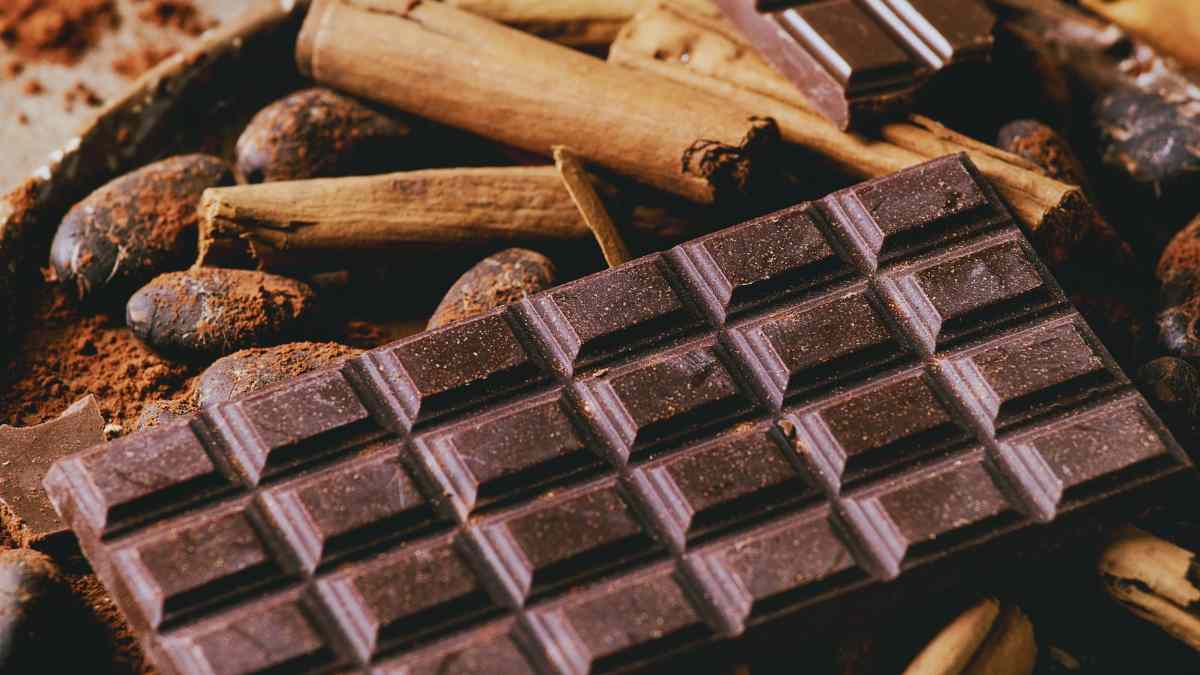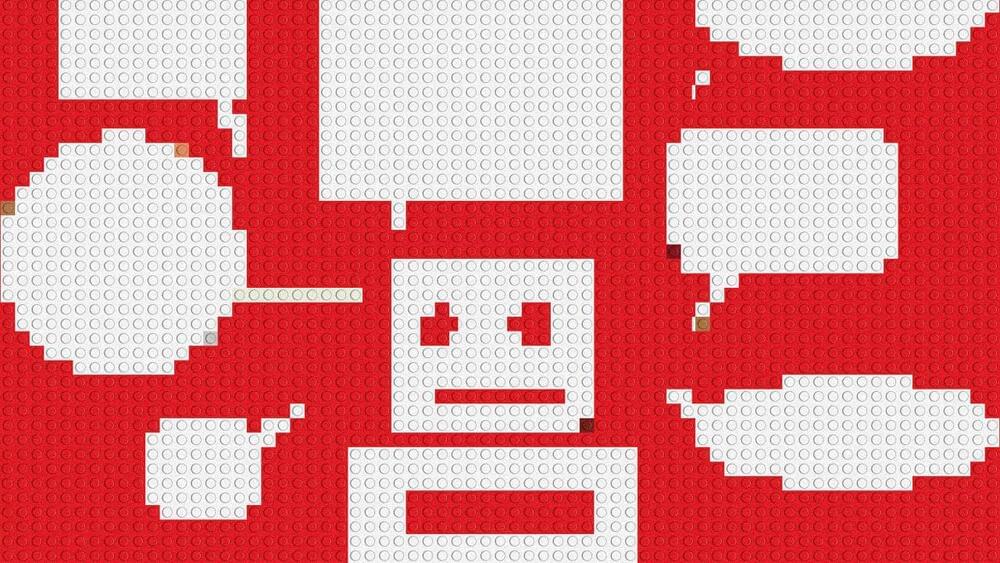Chocolate Cravings And Global Inflation: The Unexpected Connection

Table of Contents
The Psychology of Chocolate Cravings
Chocolate cravings are a common experience, fueled by a complex interplay of biological and psychological factors. Our brains are wired to seek out rewarding experiences, and chocolate, with its rich flavor and satisfying texture, hits several sweet spots.
- Stress-induced chocolate cravings: When stressed, many people turn to comfort foods, and chocolate often tops the list. Stress hormones can trigger cravings for high-calorie, sugary foods, providing a temporary mood boost.
- Dopamine release and reward system: Chocolate stimulates the release of endorphins and dopamine, neurochemicals associated with pleasure and reward. This reinforces the craving cycle, making it harder to resist.
- Magnesium deficiency and chocolate's magnesium content: Some research suggests a link between magnesium deficiency and chocolate cravings. Dark chocolate, in particular, contains magnesium, potentially contributing to its appeal.
- Potential health consequences of overconsumption: While a small amount of dark chocolate can offer some health benefits (antioxidants, flavanols), excessive consumption can lead to weight gain, blood sugar imbalances, and other health issues.
The Impact of Global Inflation on Food Prices
Global inflation significantly impacts the cost of food, including chocolate. Several factors contribute to these price increases:
- Rising cocoa bean prices: Cocoa beans, the primary ingredient in chocolate, are susceptible to price fluctuations due to climate change, disease, and geopolitical instability in cocoa-producing regions.
- Increased transportation and logistics costs: Global supply chain disruptions and rising fuel prices increase the cost of transporting cocoa beans and finished chocolate products, pushing up retail prices.
- Impact of energy price increases on chocolate manufacturing: The energy-intensive process of chocolate production is heavily affected by rising energy costs, adding to the overall price.
- Price variations across different chocolate brands: Premium chocolate brands, using higher-quality cocoa and more complex manufacturing processes, experience greater price increases compared to budget brands.
How Inflation Influences Chocolate Consumption and Cravings
The rising cost of chocolate directly impacts consumption patterns.
- Reduced affordability leading to decreased chocolate consumption: As prices increase, many consumers are forced to reduce their chocolate consumption, leading to potential financial stress and impacting enjoyment.
- Increased cravings due to deprivation: Restricting access to desired foods can paradoxically intensify cravings. The less chocolate you consume, the more you might crave it.
- Consumer behavior shifts: brand switching and reduced consumption: Consumers are likely to switch to cheaper brands or reduce their overall chocolate consumption to manage their budgets.
- The impact on different socioeconomic groups: Lower-income households are disproportionately affected by price increases, facing greater challenges in affording their favorite chocolate treats.
The "Luxury" Factor and Chocolate Cravings
Chocolate is often perceived as a luxury item, a treat to be enjoyed during special occasions or as a reward. During times of economic uncertainty, this perception can intensify cravings. The psychological effect of restricting access to these "treats" can further exacerbate the desire for chocolate. The feeling of deprivation associated with decreased affordability adds another layer to the already complex interplay between chocolate and desire.
Conclusion: Understanding the Complex Relationship Between Chocolate Cravings and Global Inflation
The connection between chocolate cravings and global inflation is multifaceted. Rising prices reduce affordability, leading to decreased chocolate consumption and potentially intensifying cravings due to deprivation. The perception of chocolate as a luxury item further complicates this relationship, highlighting the psychological impact of economic hardship on desires. To manage cravings during periods of economic uncertainty, consider mindful consumption, exploring cheaper alternatives, and prioritizing overall well-being. Understanding the economic factors influencing the price of your favorite treats empowers you to make informed choices. Learn more about the economic factors affecting your favorite treats and how to manage your chocolate cravings in a world of global inflation. Subscribe to stay updated on future analyses of chocolate consumption and its relation to price increases!

Featured Posts
-
 Duolingo To Replace Contract Workers With Ai The Implications
May 01, 2025
Duolingo To Replace Contract Workers With Ai The Implications
May 01, 2025 -
 Shockwaves In The Den Peter Jones Faces Backlash From Dragons Den Viewers
May 01, 2025
Shockwaves In The Den Peter Jones Faces Backlash From Dragons Den Viewers
May 01, 2025 -
 Bharty Ryasty Dhsht Grdy Kshmyr Myn Eyd Pr Khwn Bhaw
May 01, 2025
Bharty Ryasty Dhsht Grdy Kshmyr Myn Eyd Pr Khwn Bhaw
May 01, 2025 -
 Jogador Do Palmeiras Estevao Vomita E Sai De Campo Em Partida De Altitude
May 01, 2025
Jogador Do Palmeiras Estevao Vomita E Sai De Campo Em Partida De Altitude
May 01, 2025 -
 8000 Km A Velo Le Defi Sans Stress De Trois Jeunes Du Bocage Ornais
May 01, 2025
8000 Km A Velo Le Defi Sans Stress De Trois Jeunes Du Bocage Ornais
May 01, 2025
